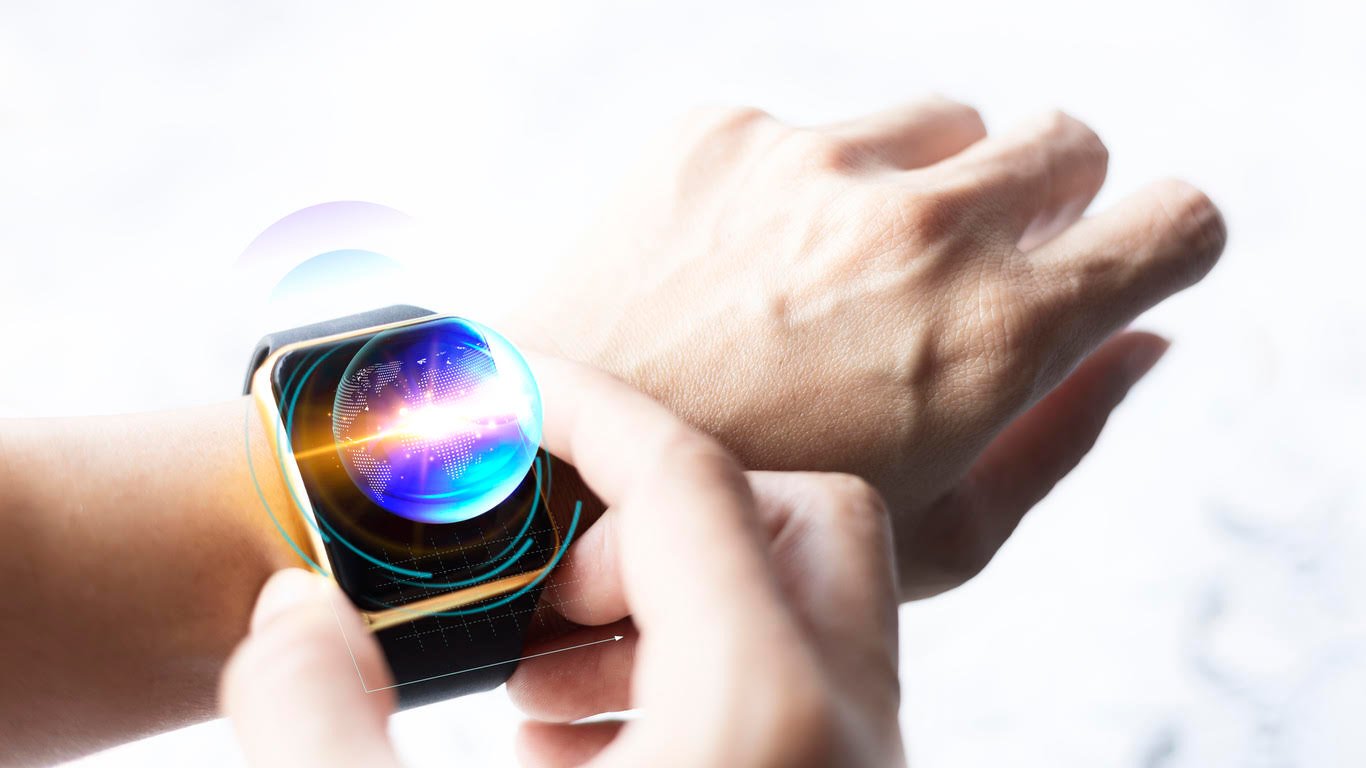The Future Of Connected Wearable Technology
 Connected wearable technology has experienced a surge in innovation in recent years, with Bluetooth connectivity significantly improving the versatility of these devices and their range of applications.
Connected wearable technology has experienced a surge in innovation in recent years, with Bluetooth connectivity significantly improving the versatility of these devices and their range of applications.
Increasing numbers of consumers may be engaging with wearable tech (e.g. smart watches) but is the sector a short-term niche (remember Google Glass?) or do the prospects for the market promise strong growth as users increasingly rely on their devices for their daily living?
Bluetooth Wearable Tech Will Accelerate The Growth Of Data Transfer Devices
As people from all age groups engage with Bluetooth fitness tracking and health monitoring devices and understand the benefits for their wellbeing and lifestyle, demand for wearable tech will increase in years to come. Within five years, 29 per cent of Bluetooth data transfer device sales are expected to be wearables.
Fitness And Wellness Trackers Will Experience Strong Growth
By 2026, 100 million Bluetooth fitness and wellness trackers will be shipped annually – a 120 per cent increase over the next five years. The popularity of fitness trackers is not expected to fall despite many smart watches offering the same or similar level of functionality.
Smart Watches Will Be Top Of The Wearable Tech Chart
With an estimated 210 million Bluetooth smart watches forecast to ship in 2026, these devices will continue to lead the way in the wearable technology market. Increased functionality means that more users are disengaging with other ways to stay connected, such as email, text, and phone, while additional features, such as health monitoring, are also proving popular.
Bluetooth AR/VR Headsets Will Experience Strong Growth
Once the province of the gaming market, VR headsets and wearable cameras and scanners are becoming increasingly versatile in virtual training, manufacturing, warehousing, and asset tracking. By 2026, Bluetooth-enabled commercial VR headsets will achieve 44 million shipments each year, an increase of over one-half since 2022.
Greater Demand For Bluetooth Smart Glasses
Similarly, Bluetooth smart glasses are no longer a flash-in-the-pan failed product, with newer generations of the technology capable of more varied commercial applications, including navigation, education, training, and process validation. Strong B2B market growth – predicted to reach 68 per cent – could result in 27 million shipments of smart glasses in five years’ time. Industry players such as Meta and its VR offerings are pushing this nascent technology into the mainstream with its Quest range.
Book A Free Demo
Connected wearable technology is here to stay and demand is only likely to increase among businesses, but the increasing complexity and diversity of wearable tech means that the need for robust interoperability testing is more important than ever.
To find out more about our advanced codeless automated testing for connected products, please book a demo at a convenient time.




